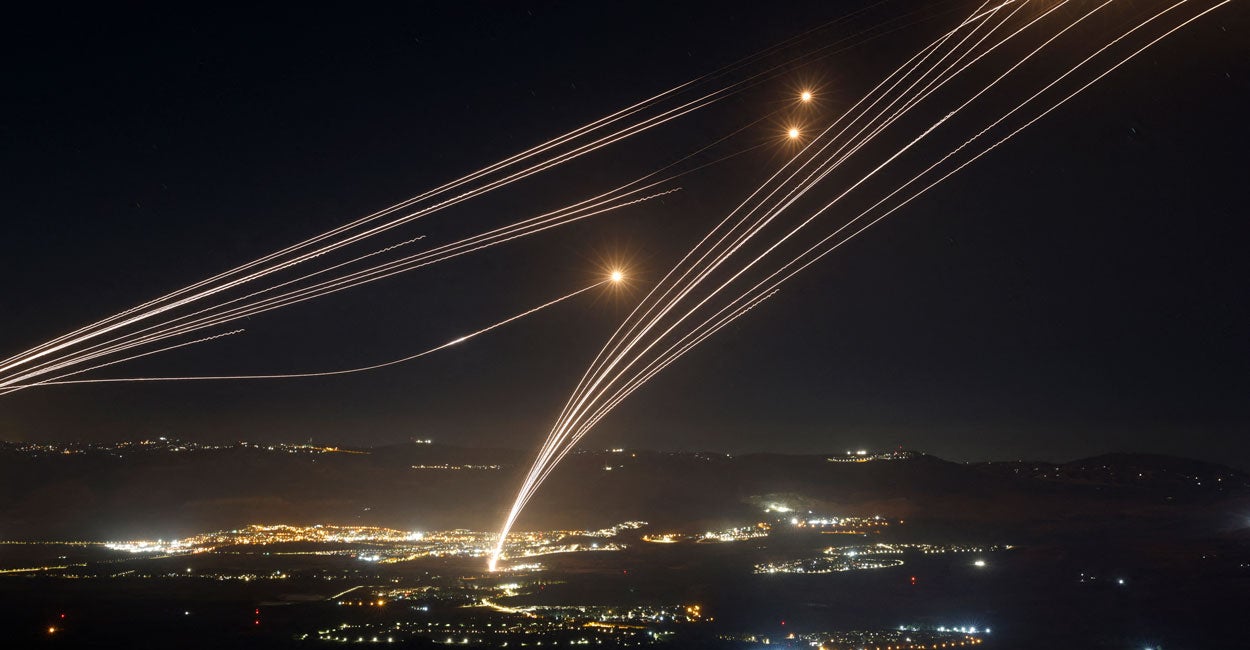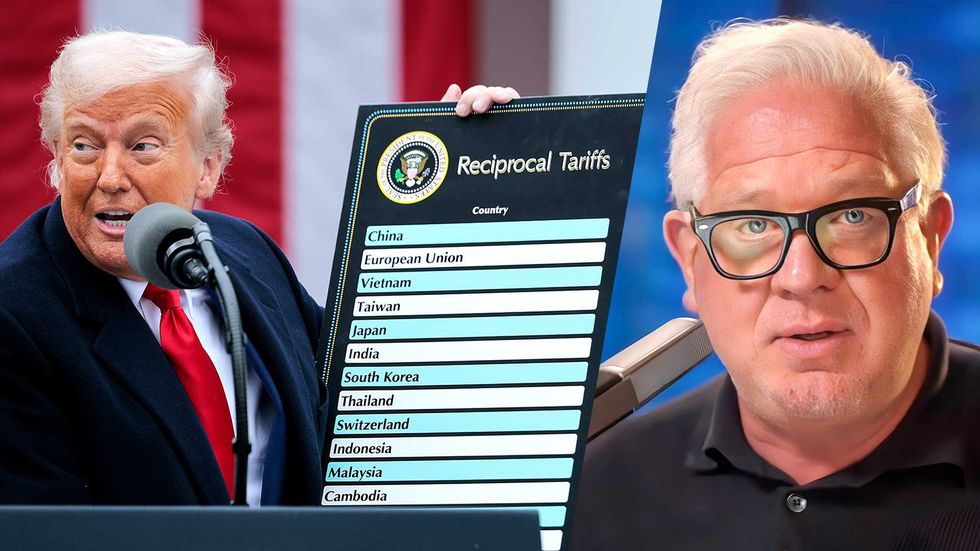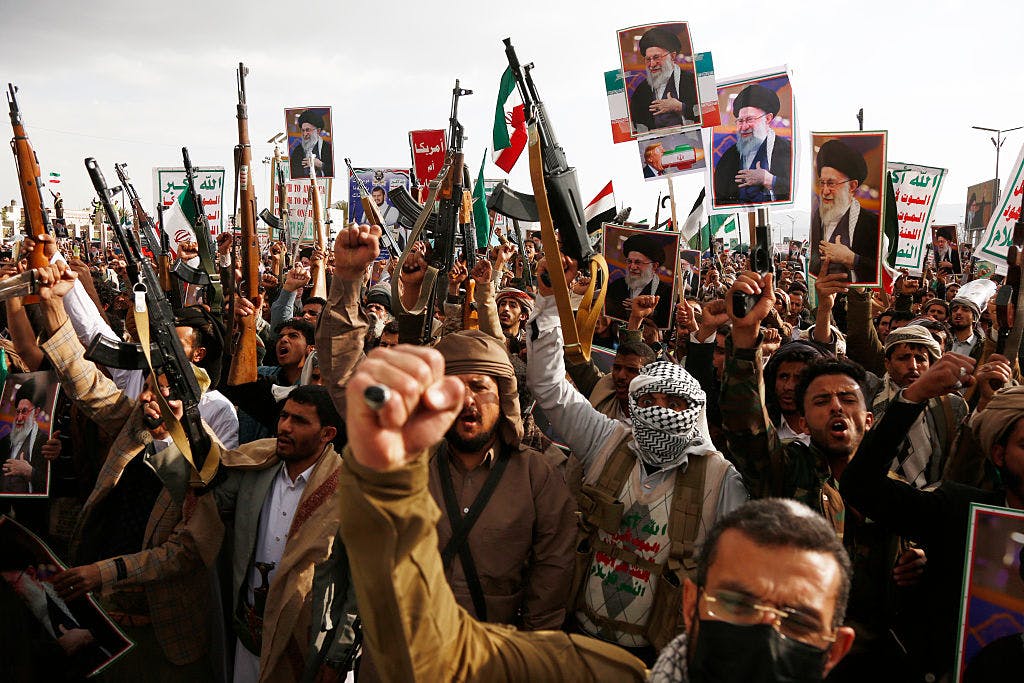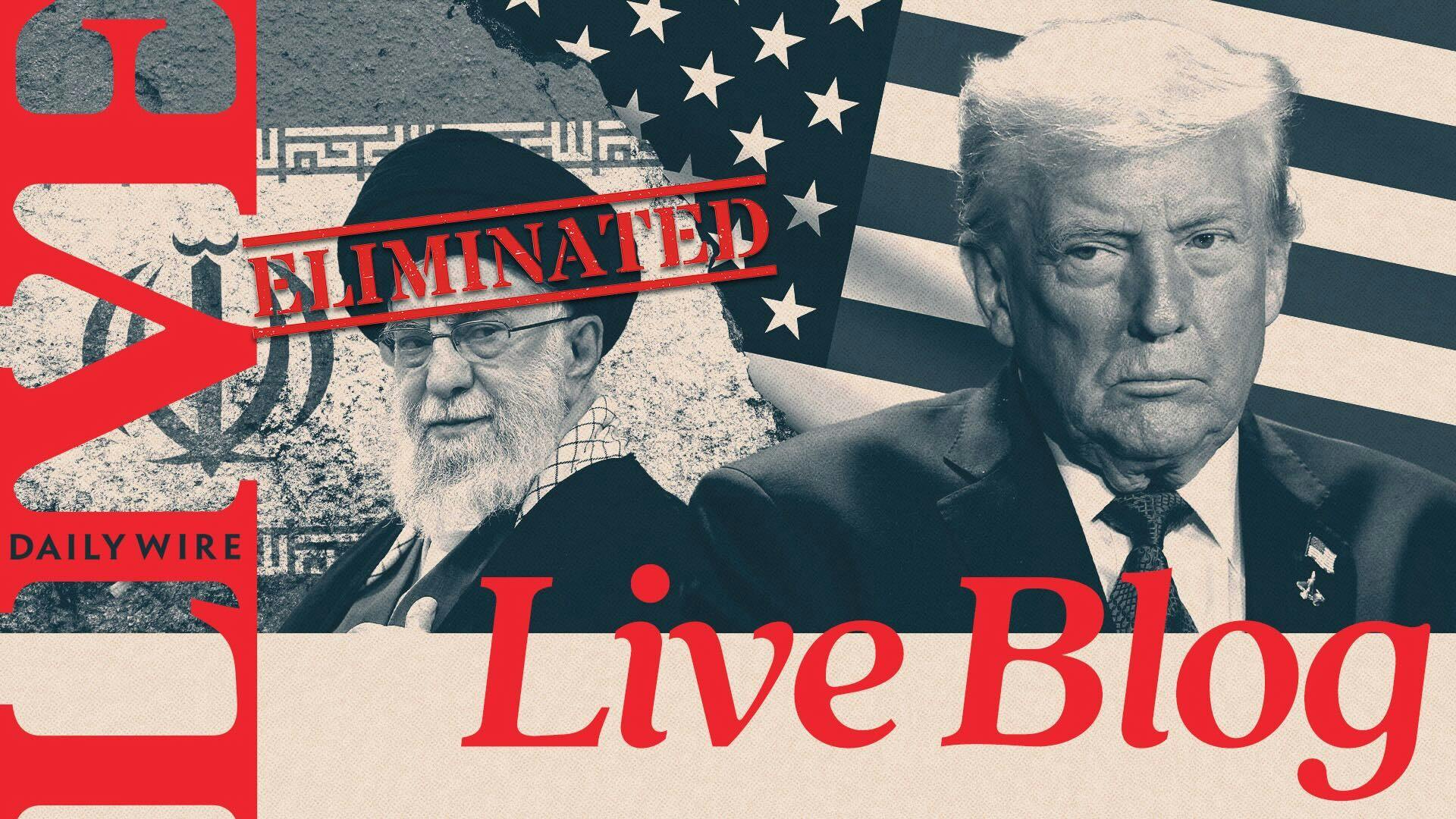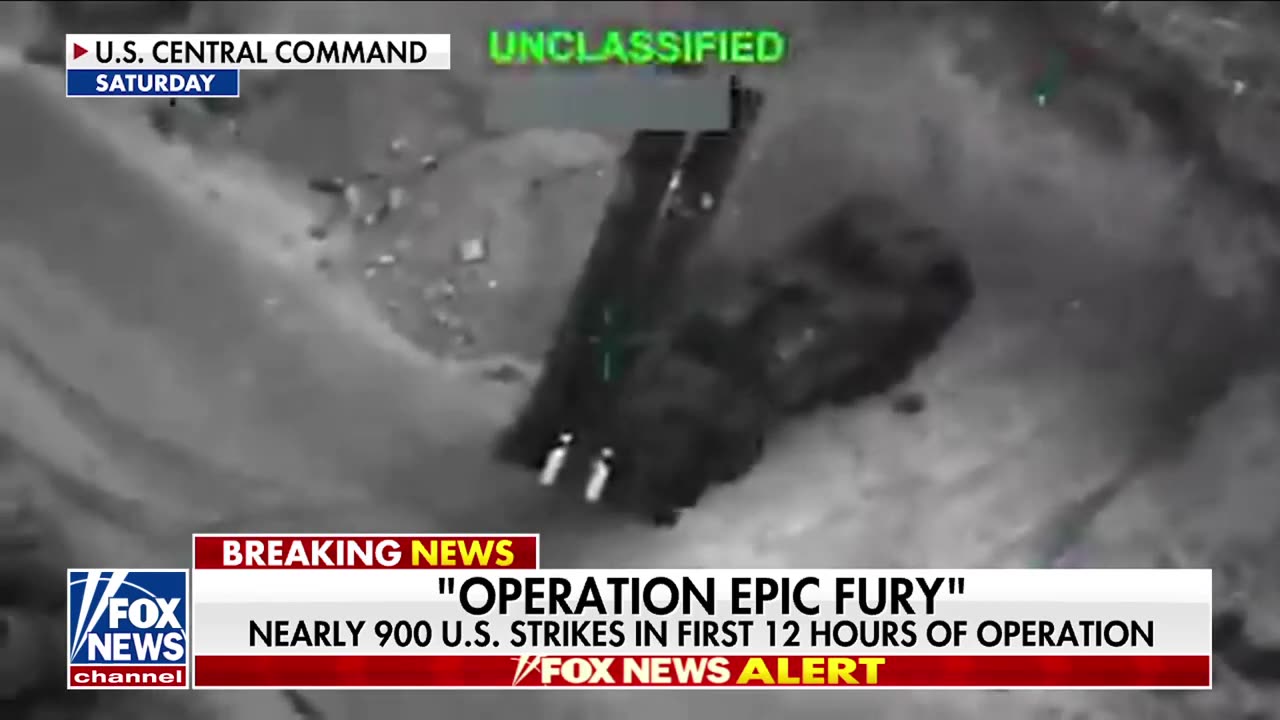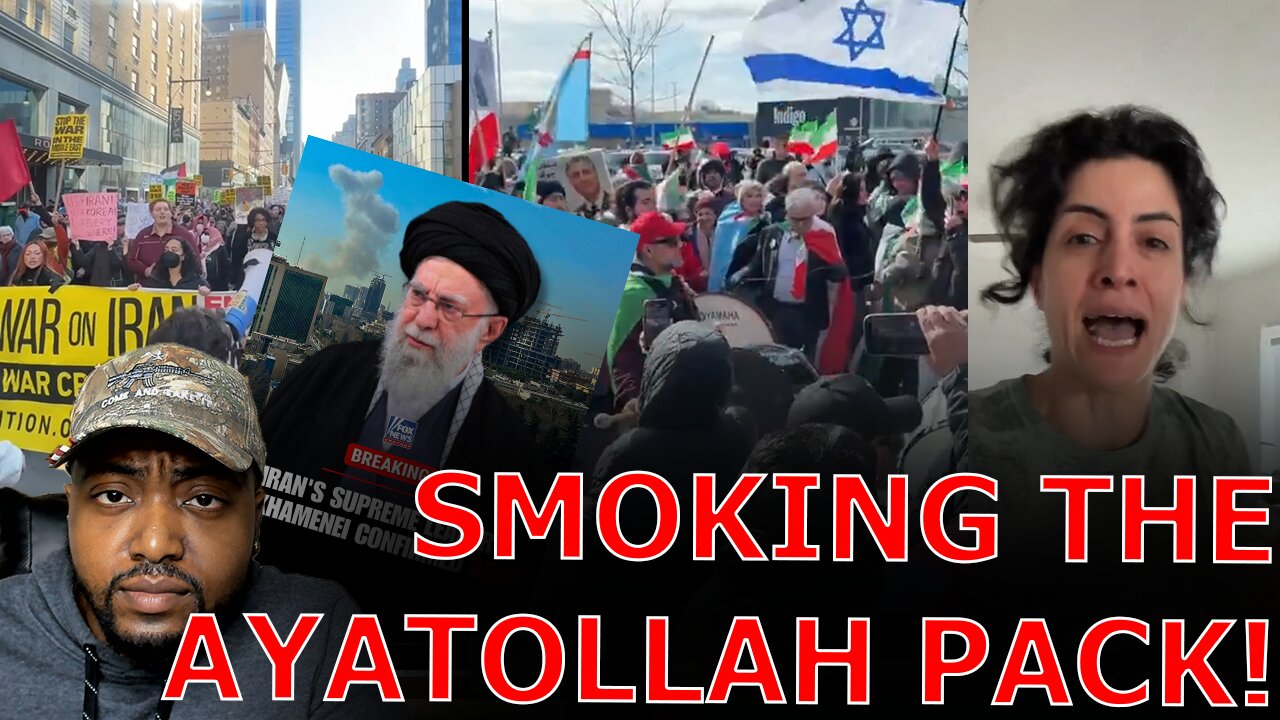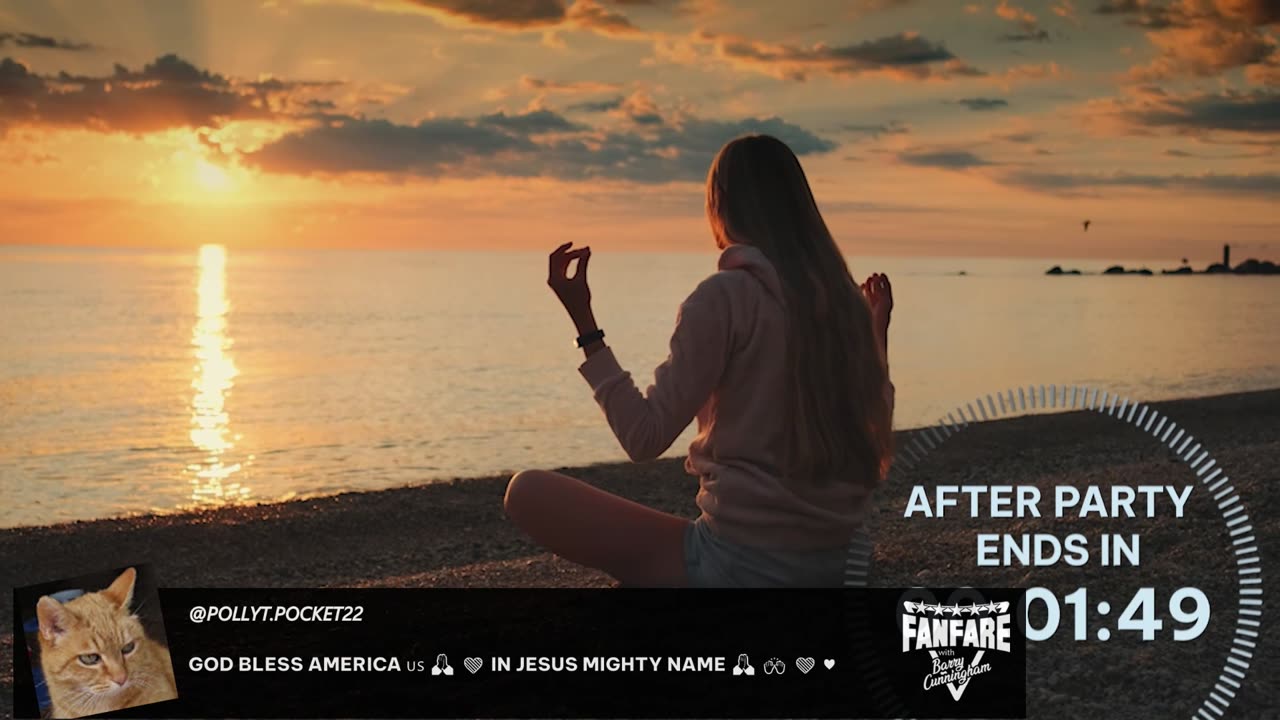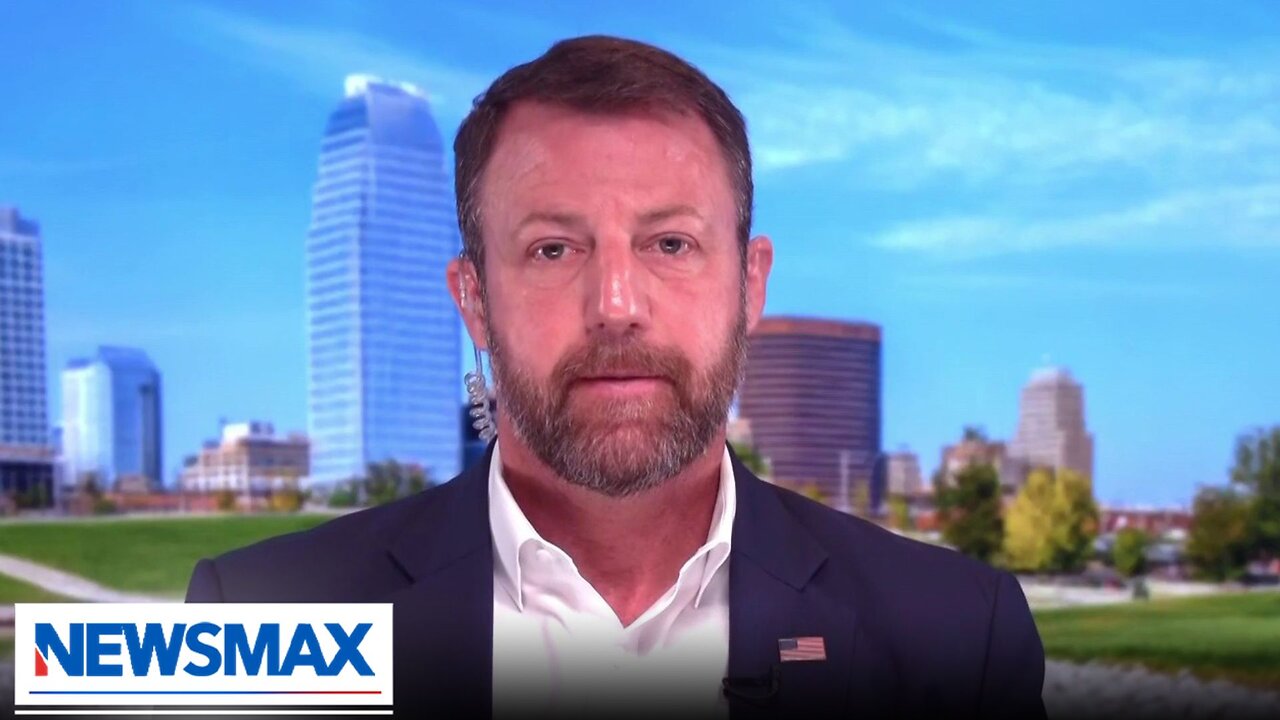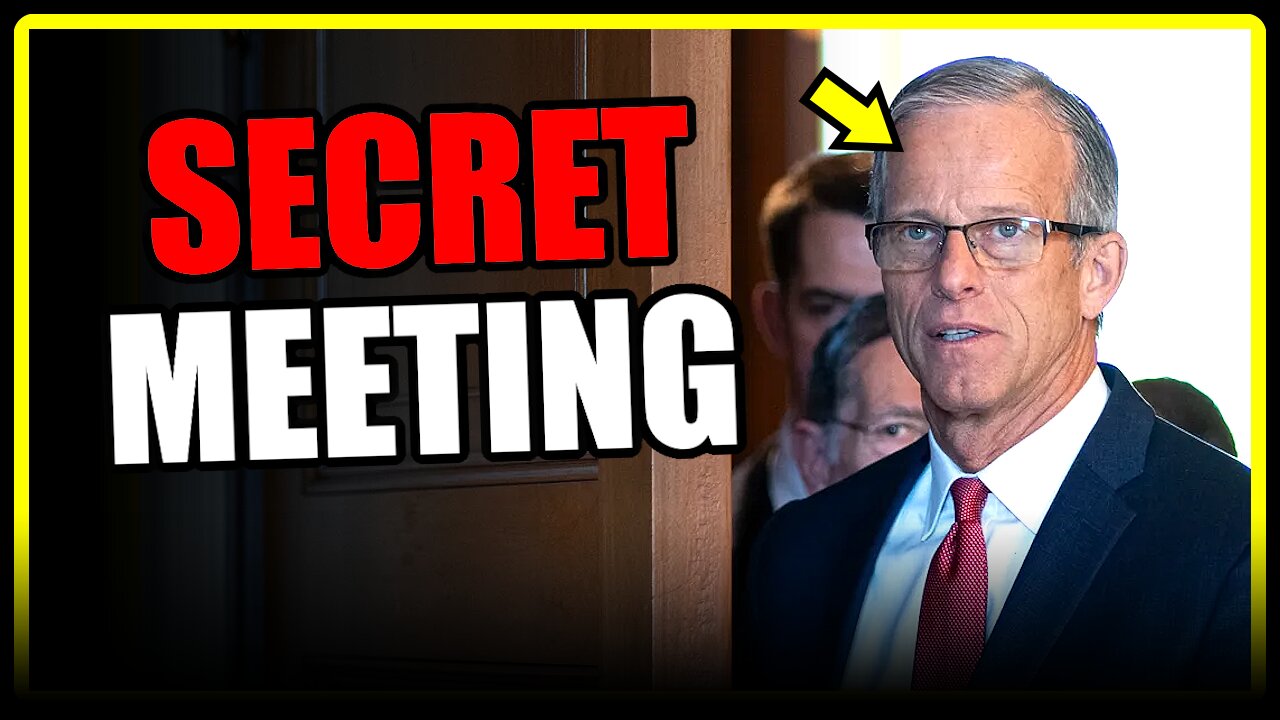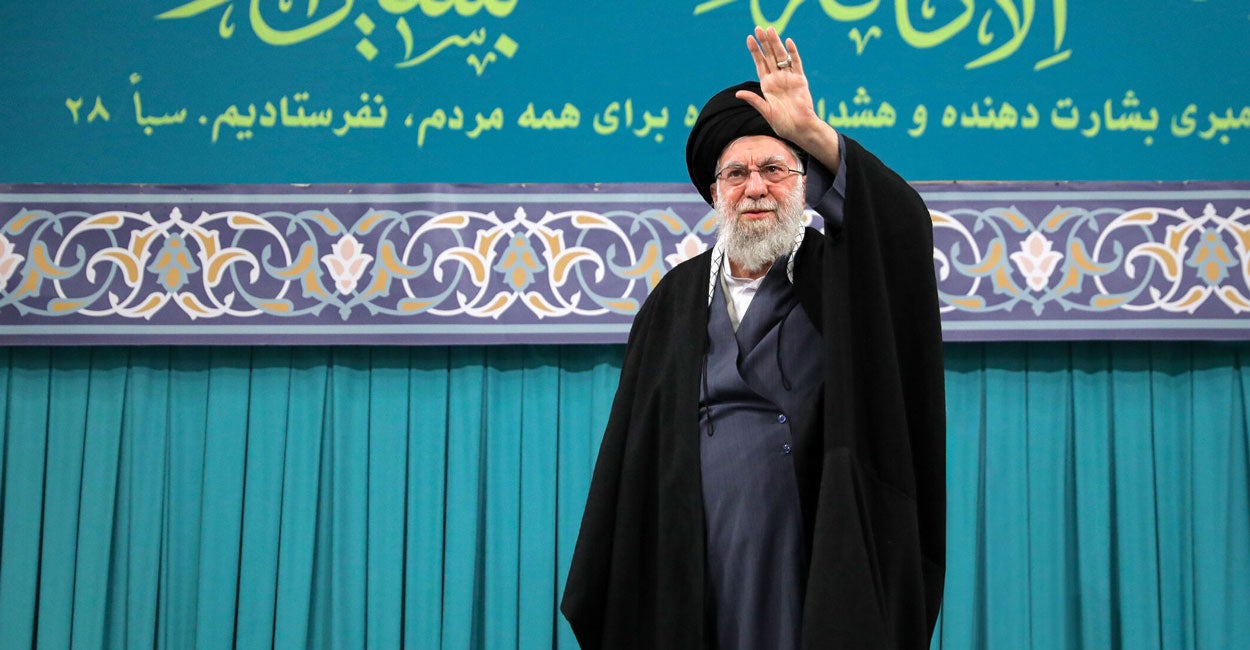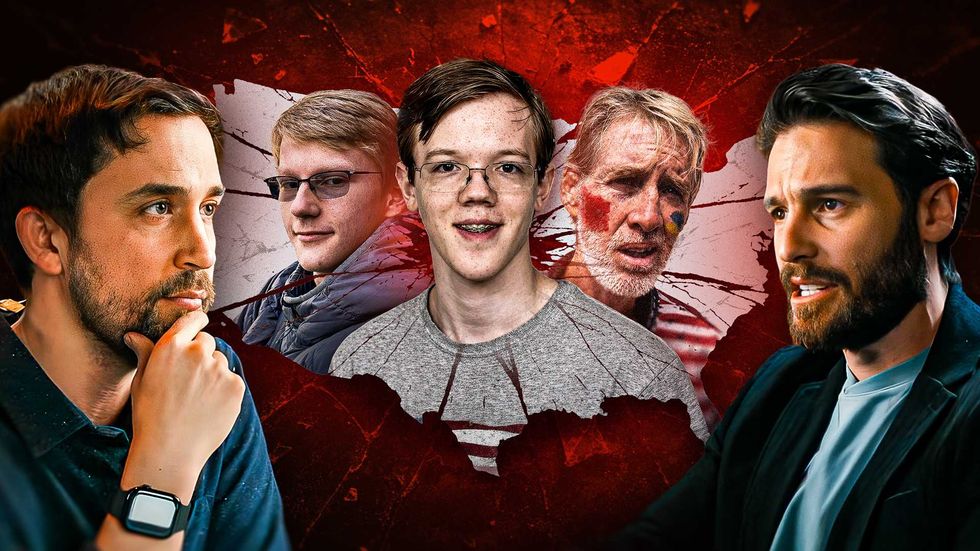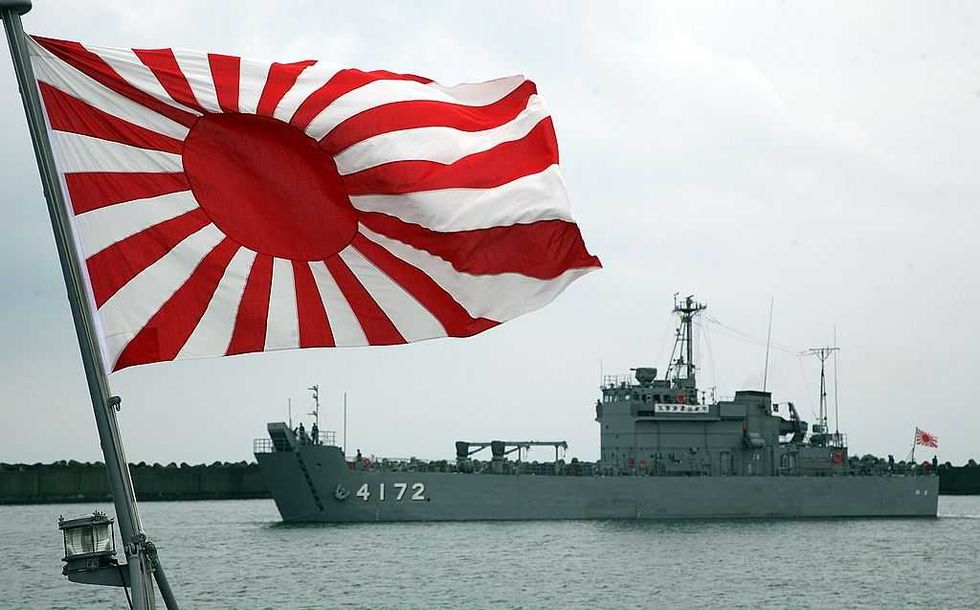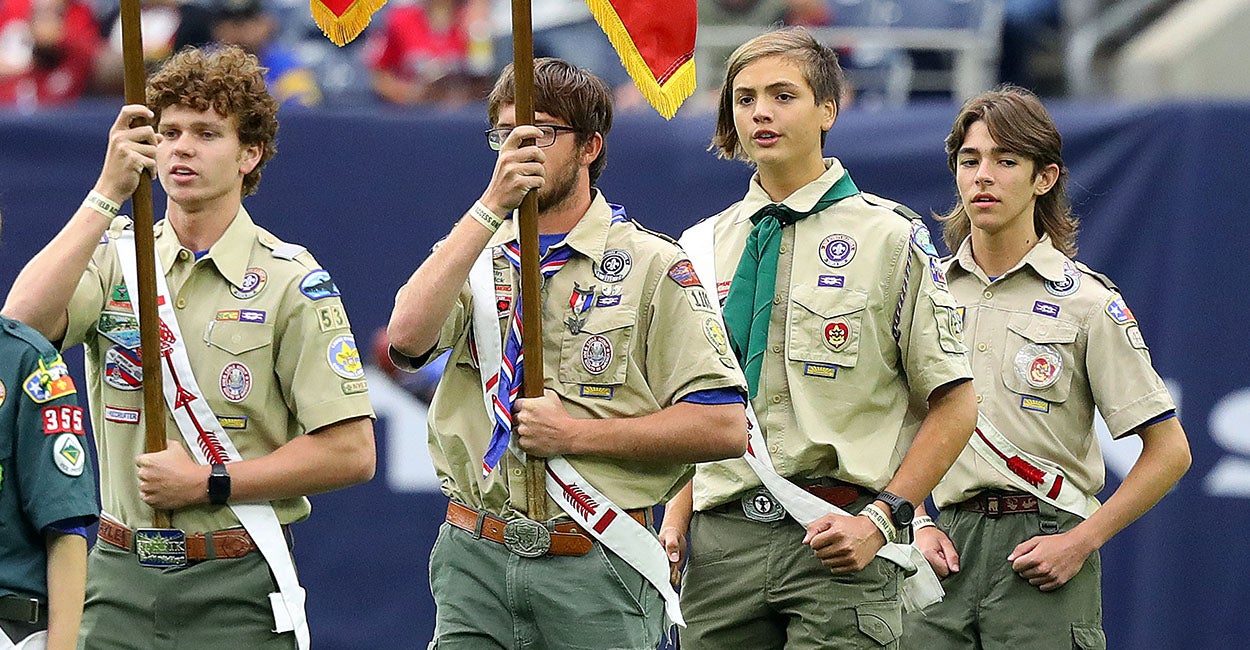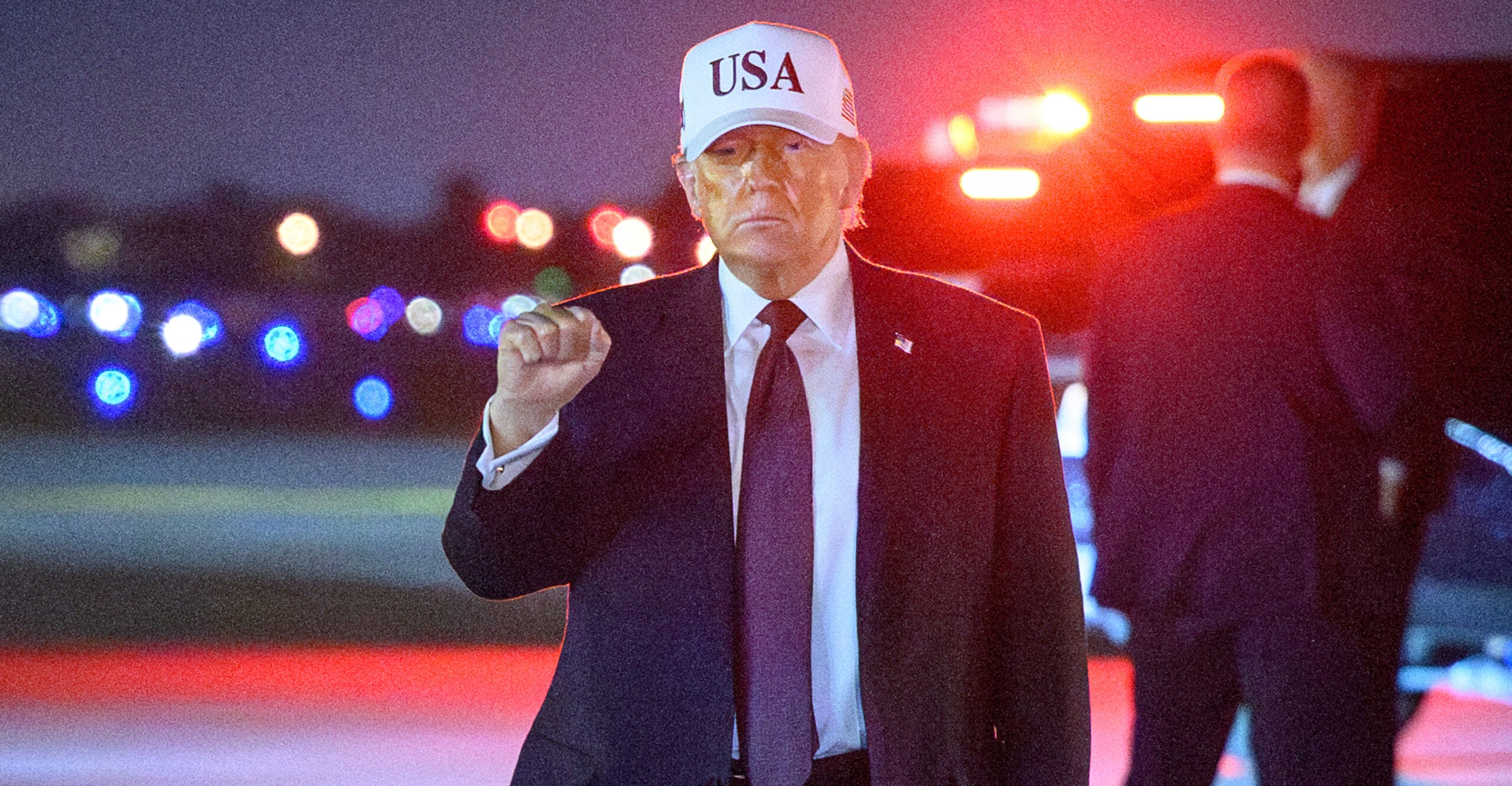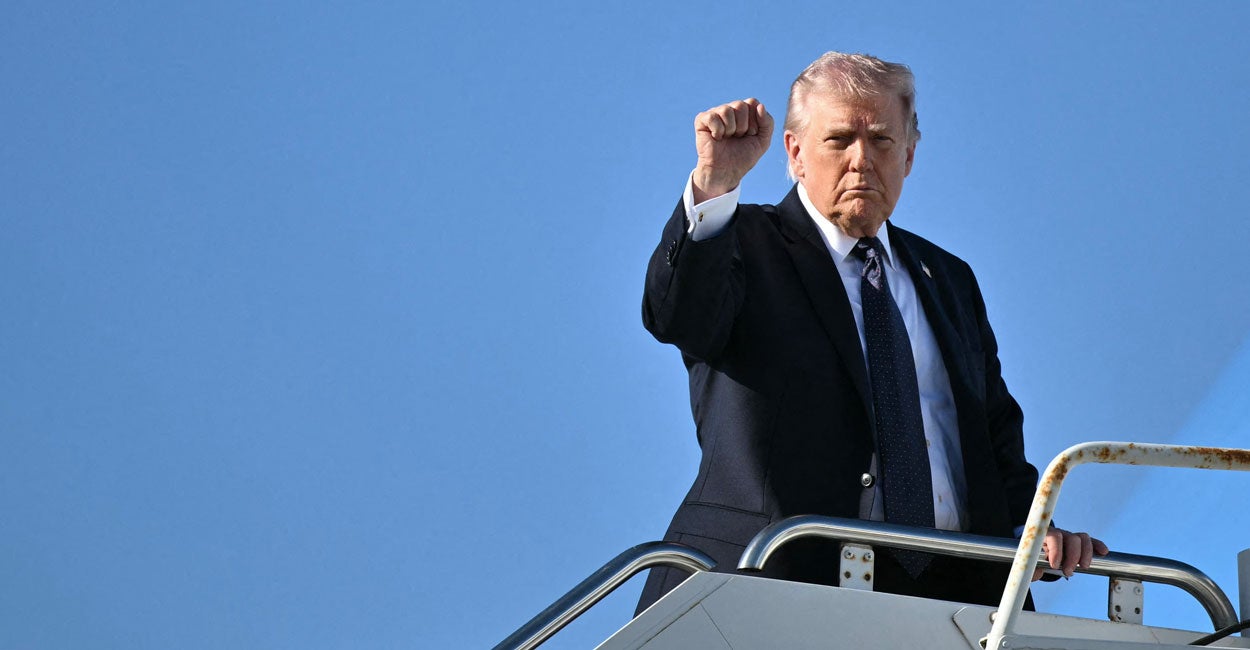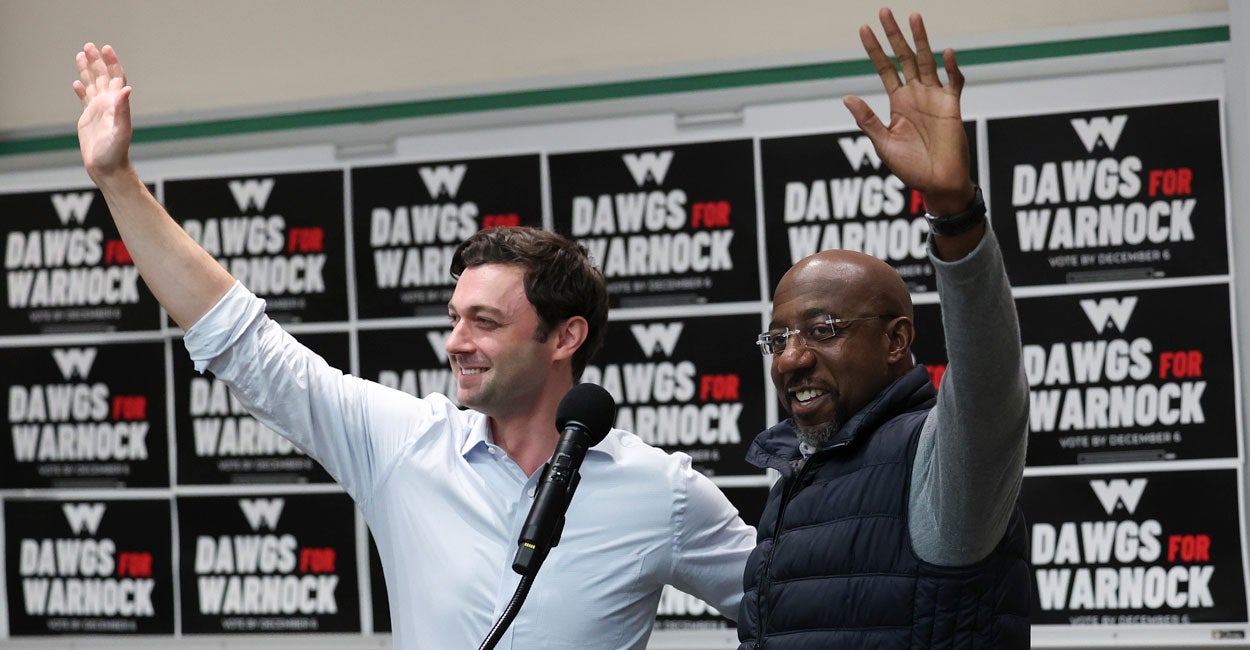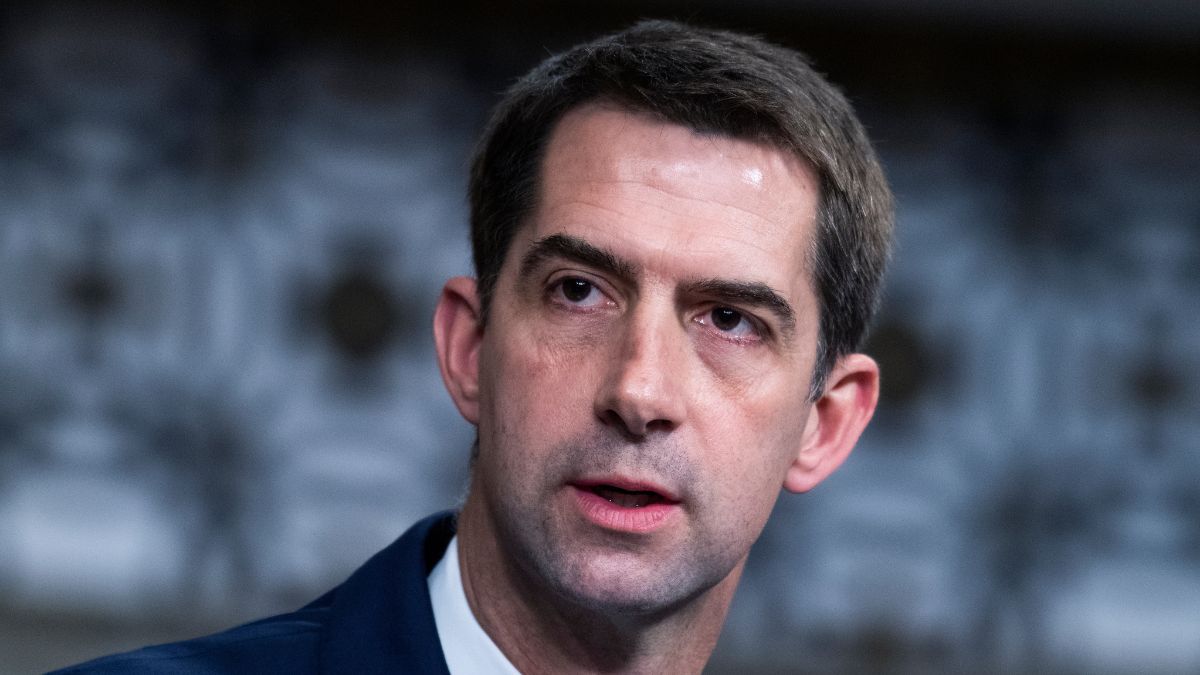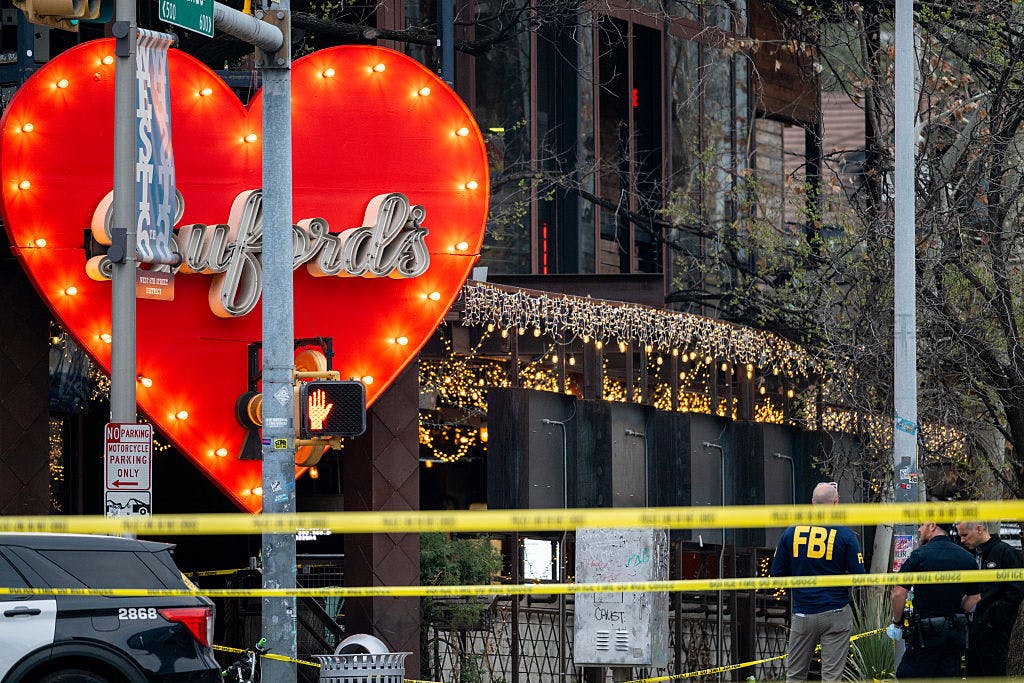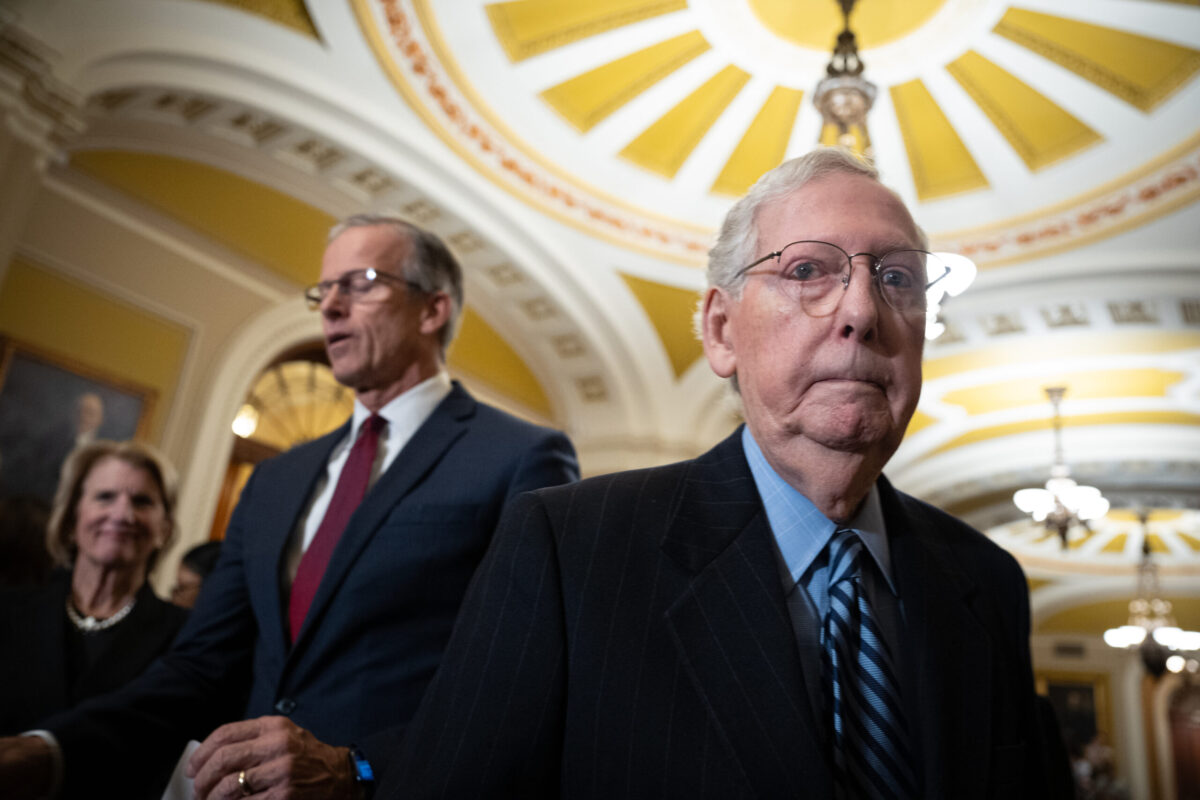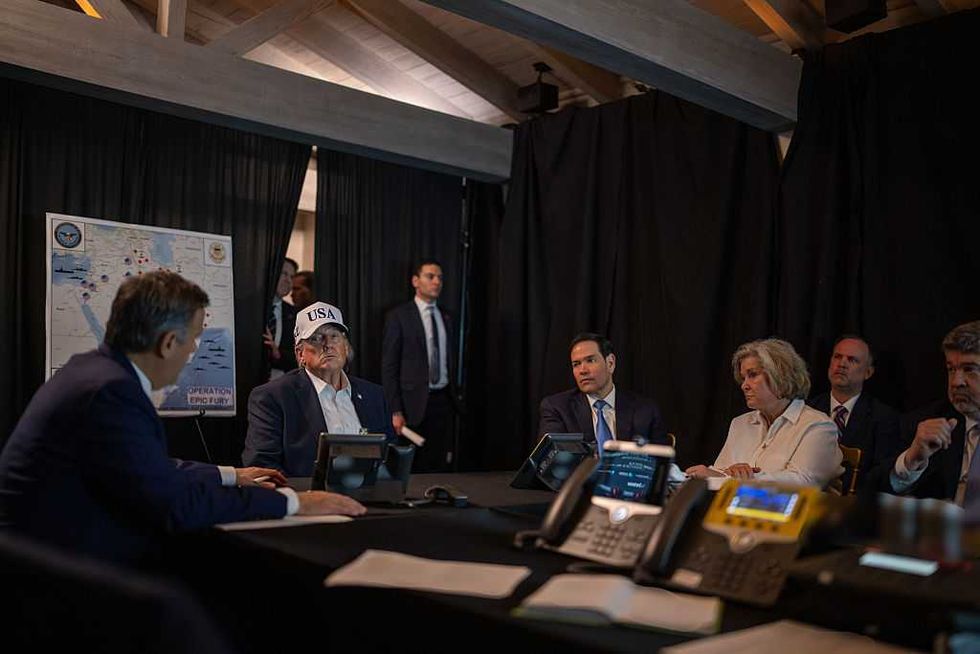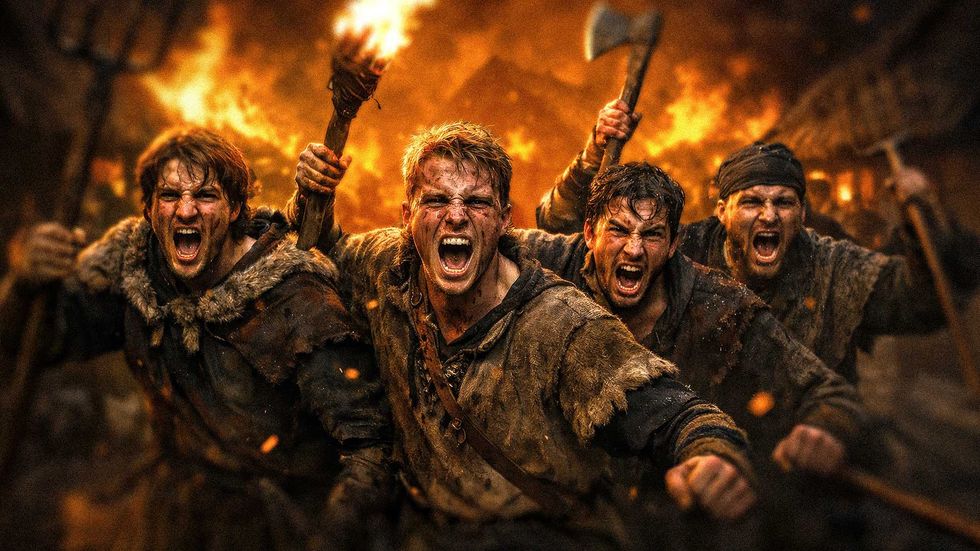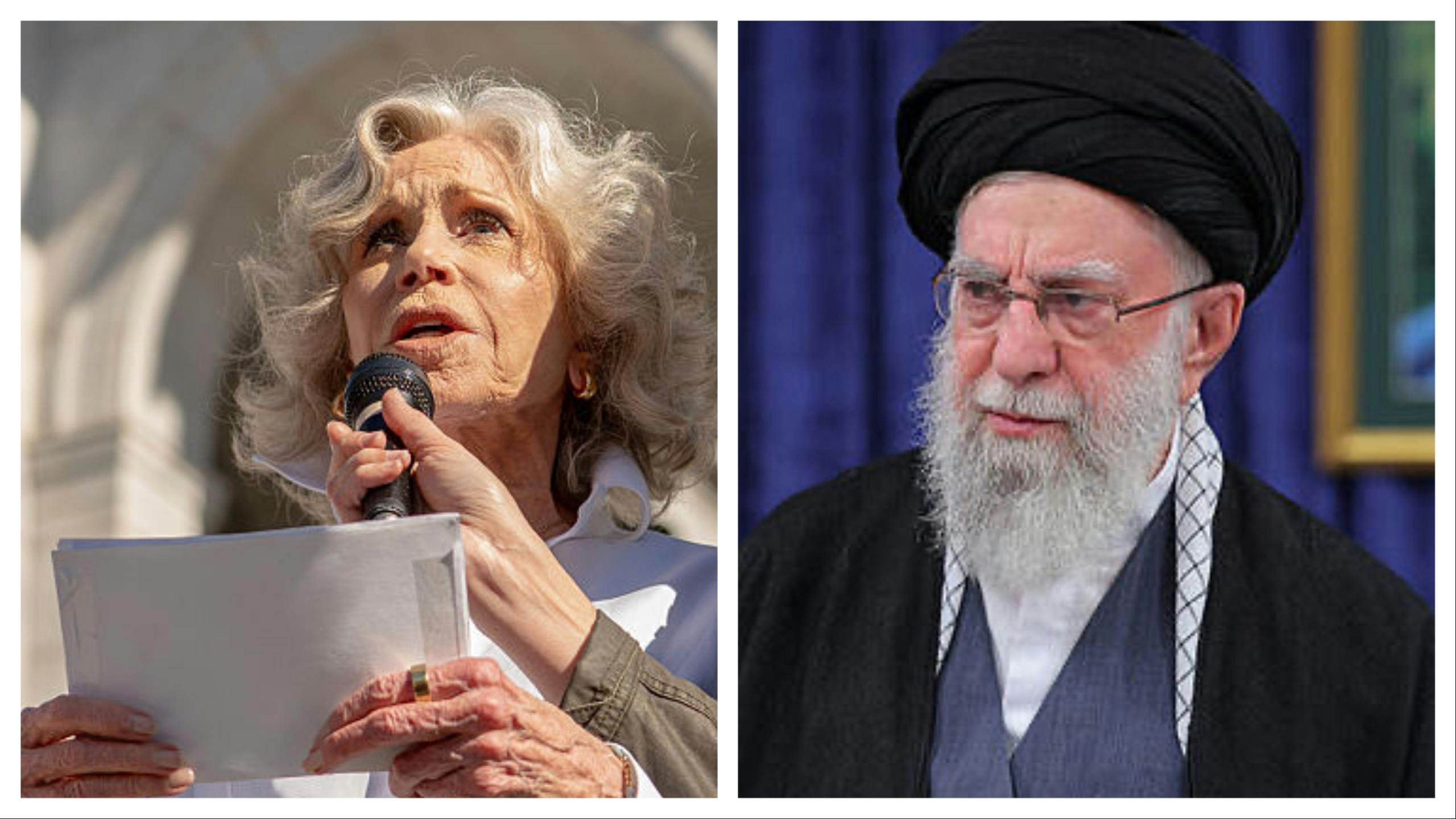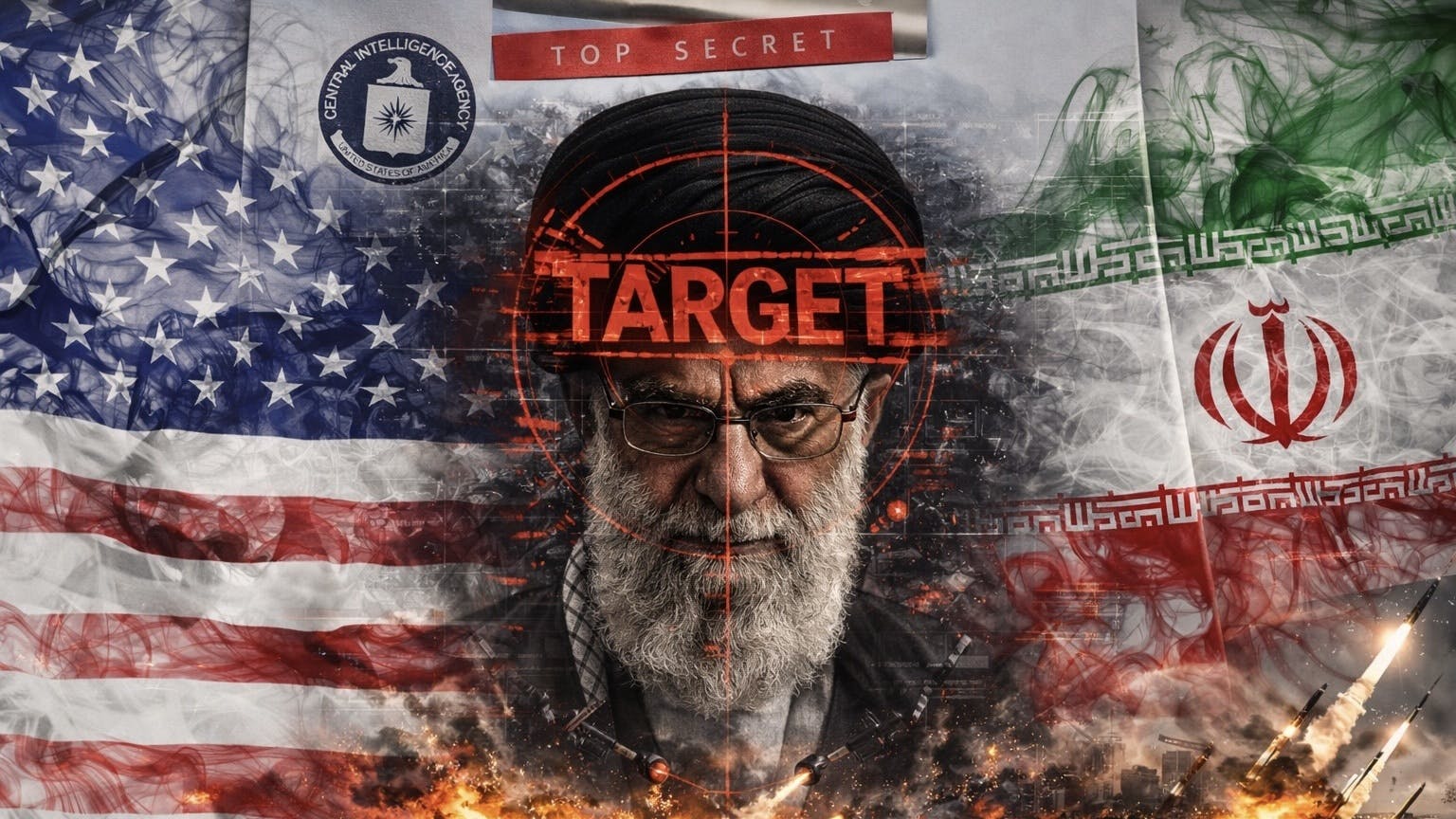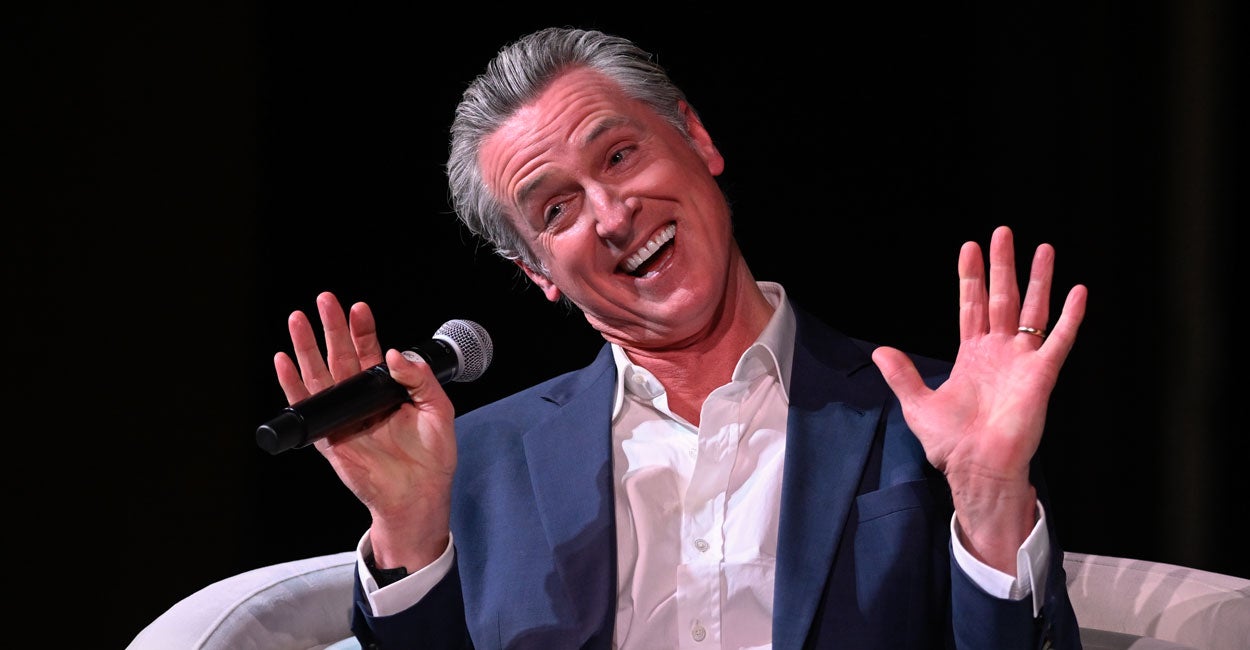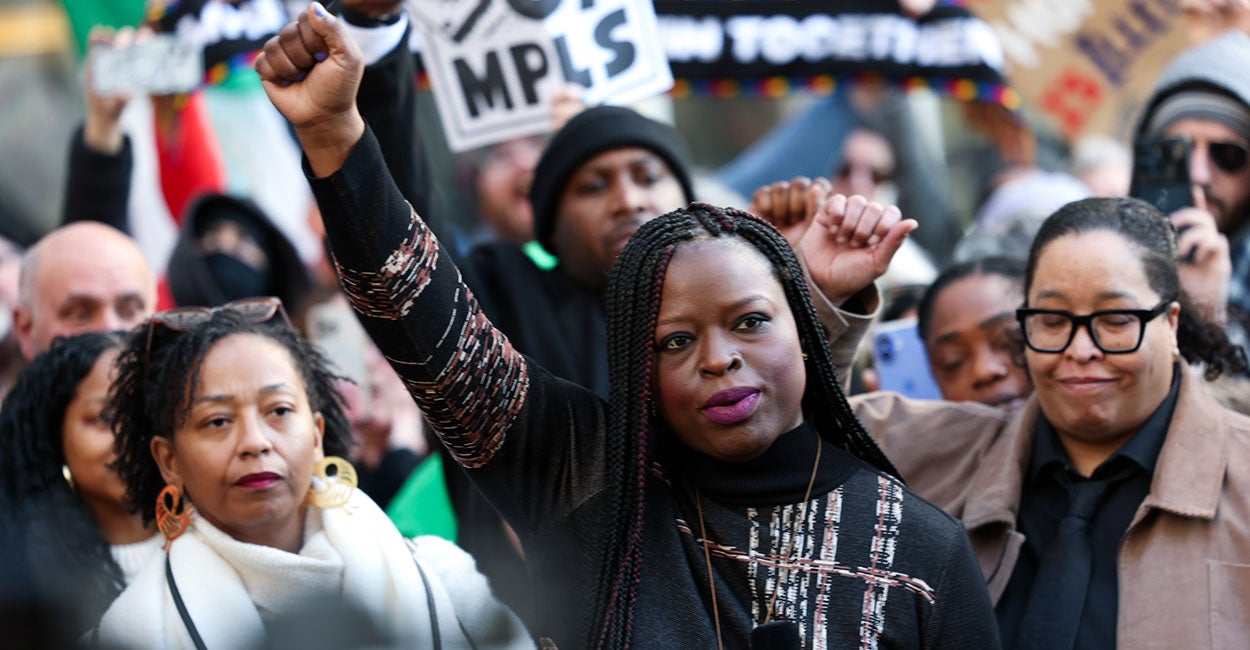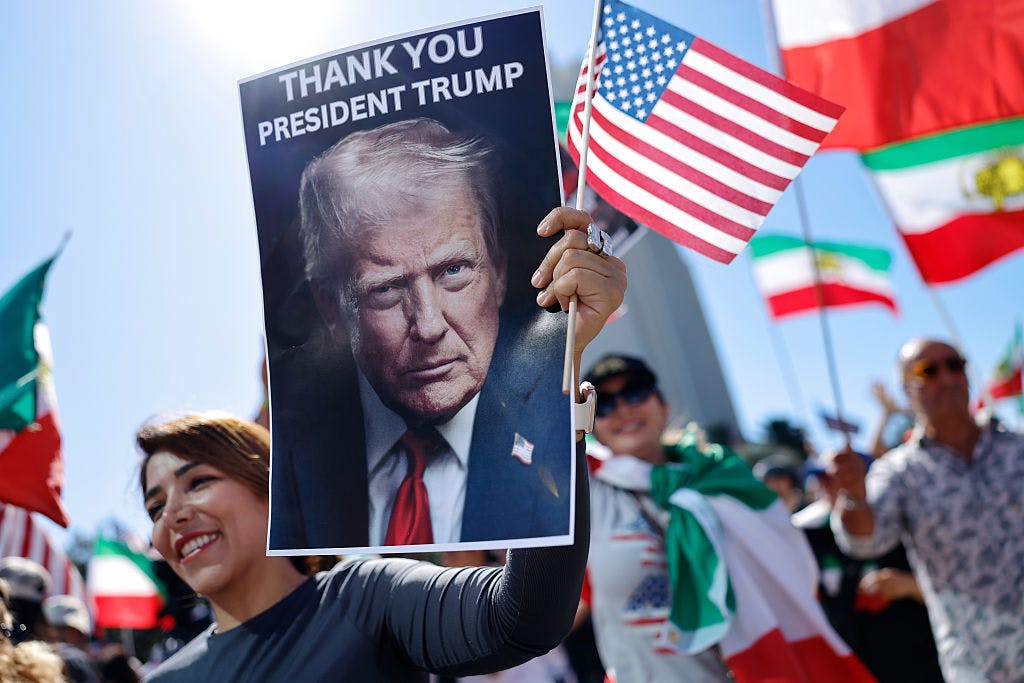Kirk’s Funeral Tests Secret Service Yet Again
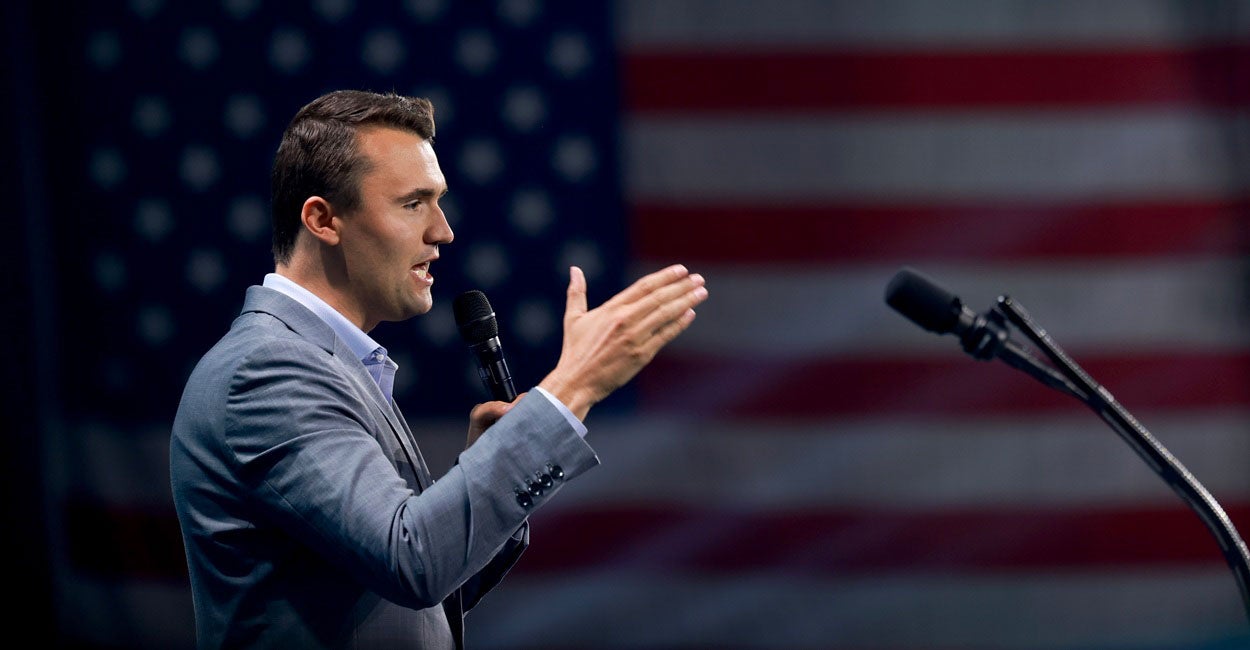
Amid a fiery national debate over political violence and free speech, the Secret Service faces one of its biggest tests yet in securing Charlie Kirk’s massive funeral in Arizona this weekend.
Live Your Best Retirement
Fun • Funds • Fitness • Freedom
President Donald Trump, Vice President JD Vance, and numerous dignitaries, conservative figures, prominent reporters, television anchors, and up to 100,000 members of the public are expected to attend the tribute to Kirk’s life this Sunday at State Farm Stadium, home of the Arizona Cardinals, in Glendale.
The Secret Service has been under serious scrutiny since multiple failures provided an opening for two near-miss assassination attempts against Trump last year, the first of which resulted in the death of rallygoer Corey Comperatore and the serious injury of two other attendees.
The Secret Service successfully protected the inauguration of Trump in January without a hitch, even though the agency moved the swearing-in ceremony indoors and canceled the traditional outdoor parade, purportedly because of low temperatures in Washington.
But the massive Arizona memorial service honoring Kirk, the assassinated conservative activist and organizer known for his influence with young people across the country and the world, poses a serious challenge for law enforcement and the Secret Service, an agency already facing manpower strains and pressure as it strives to repair its reputation to execute a zero-fail mission.
The stadium in Glendale can seat 63,400, and the local police department is planning for a crowd of up to 100,000 people to descend on the area, with at least one overflow location designated at the Desert Diamond Arena where the event will livestream on jumbotrons.
Kirk’s memorial comes during tumultuous times for the nation. His supporters mourn his brutal killing amid a national debate over gun violence and what types of limits, if any, private and government entities can place on free speech. Conservative and liberal politicians and political commentators are facing off over ABC’s Wednesday decision to abruptly fire late-night talk show host Jimmy Kimmel after he misrepresented the assassin’s likely motives for murdering Kirk. And Trump on Wednesday designated the far-left Antifa group a “terrorist organization” and said he was strongly recommending that those funding the movement be thoroughly investigated “in accordance with the highest legal standards and practices.”
It’s also a difficult moment for the Secret Service, which has faced serious retention issues since the assassination attempts, with a recent Department of Homeland Security Department Office of the Inspector General’s report exposing the agency as seriously understaffed when it comes to counter snipers—73% below mission requirements.
A large contingent of top-flight Secret Service agents traveled to the United Kingdom with Trump and first lady Melania this week for an official state visit. And the United Nations General Assembly will be in full swing next week in New York City, where the Secret Service is charged with securing more than 100 visiting foreign dignitaries at hotels and events around Manhattan. Meanwhile, the agency must also maintain security teams around all Cabinet secretaries and former presidents.
“Where are they getting all these assets?” Rich Staropoli, former Secret Service agent and former Department of Homeland Security undersecretary, asked in an interview with RealClearPolitics.
“It’s going to be very difficult to find the manpower, given the U.N. is in session and then you probably have a couple of hundred guys on their way back from London right now that won’t get back until the day after the president,” he added. “And then you’ve got this event, this huge event out in Arizona. It’s not like we got a couple of hundred agents out there on a normal basis.”
Other sources in the Secret Service community argue that the agency is well prepared to handle both United Nations General Assembly and the Kirk memorial service, especially since Trump and Vance will be there with their Secret Service details, some of the most highly trained agents, and elite units designed for high-risk scenarios.
Back in New York City, the Secret Service has a high trust in the New York Police Department’s robust team of counter snipers in their Emergency Services Unit, with which the agency partners for protection. Not all foreign dignitaries show up at once; they arrive and participate in the summit on a rolling basis, former Secret Service agent Charles Marino explains.
“The fact that we’ve got a great deal of confidence in the NYPD, that does free up some resources for the USSS to use for this memorial,” Marino tells RealClearPolitics.
The Department of Homeland Security has designated the Kirk funeral as a Special Event Assessment Rating 1 event with the same level of security as the Super Bowl or the Boston Marathon. The designation is different than a National Special Security Event, a category for events that could affect the nation and the world. In Special Event Assessment Rating events, state and local authorities make the assessments and DHS provides the assets.
The Secret Service agent in charge of the Phoenix Field Office will serve as the federal coordinator for the service, working side by side with local partners.
Those Secret Service and local law enforcement partnerships broke down during the assassination attempt against Trump in Butler, Pennsylvania, when the agency and local police maintained siloed communications and even two separate command posts.
On the one-year anniversary of the Butler event, Secret Service Director Sean Curran issued a statement declaring that the agency is “laser-focused on ensuring that those we are sworn to protect, the public, and the dedicated men and women of the Secret Service are never let down again.”
Curran said the agency has implemented changes to the Secret Service’s protective operations policies “to ensure clear lines of accountability and improved information sharing with local law enforcement partners.”
In the wake of Kirk’s assassination, House Republicans this week also included $88 million in a stop-gap funding bill to bolster security for federal officials. The funds would include $30 million for congressional security, $30 million for the executive branch, and $28 million for the judiciary.
“[Kirk’s killing] initiated a number of uncomfortable but necessary conversations about important issues like the safety and security of our members and the responsibility of public service, and the need for political leaders to turn down the temperature and the violent rhetoric in America,” House Speaker Mike Johnson said.
Despite these efforts, the Secret Service was fumbling again just days before Kirk’s killing in ways that funding boosts may not fix.
RealClearPolitics reported last week that Secret Service screeners missed a Glock in the bag of someone who had entered Trump National Golf Course in Sterling, Virginia, while Trump was golfing over Labor Day weekend. Thankfully, the individual posed no harm to the president and self-reported the security breach.
Last Thursday, the night before Kirk’s assassination, anti-Israel Code Pink protesters ambushed Trump, Vance, Secretary of State Marco Rubio, and Defense Secretary Pete Hegseth as they were dining out in Washington, just a short walk from the White House. The protesters unfurled pro-Palestinian flags and banners and yelled epithets at Trump from just a few feet away.
After Kirk’s murder, RealClearPolitics reported that a Secret Service agent named Anthony Pough posted on Facebook that the conservative activist was a “racist” and essentially deserved to be killed because of “karma.” The Secret Service placed the agent on administrative leave late last week.
The Secret Service defended its response to the protesters who verbally accosted Trump at the restaurant last week, arguing that agents escorted them out quickly. An agency spokesperson also said that the Secret Service had screened everyone in the establishment for weapons and explained that the protesters had made reservations to dine at the restaurant along with all the other patrons.
But Staropoli and other former agents argued that the Code Pink incident was another embarrassing breach—that the Secret Service should have acted more quickly to remove the protesters or should have screened restaurant patrons more thoroughly to prevent such a menacing display.
With the Kirk assassination consuming the following day’s news cycle, the press never asked the White House whether the Secret Service should have prevented the Code Pink confrontation from occurring.
Just hours before that incident, White House press secretary Karoline Leavitt on Tuesday evening told RealClearPolitics that the Secret Service has opened an investigation into the missed Glock incident “to figure out exactly how the gun made it onto the property.”
“As for the president, in the past he has said he trusts USSS and the job they do to protect him,” Leavitt added.
Leavitt did not say whether Trump’s trust in the Secret Service remains—or whether magnetometers would be required at his golf clubs in the future, a question RealClearPolitics posed to her.
Some Secret Service agents chock up the recent breaches to either a lowering of standards as the agency tries to beef up its numbers during a severe manpower shortage or fatigue because existing agents and Uniformed Division officers used for screening are continuing to be stretched too thin.
“The backdrop here is the Service has got to move quickly in building up these numbers as quickly as possible because these types of big competing security events are not going away – they’re just not,” Marino remarked.
Originally published by RealClearPolitics.
The post Kirk’s Funeral Tests Secret Service Yet Again appeared first on The Daily Signal.
Originally Published at Daily Wire, Daily Signal, or The Blaze
What's Your Reaction?
 Like
0
Like
0
 Dislike
0
Dislike
0
 Love
0
Love
0
 Funny
0
Funny
0
 Angry
0
Angry
0
 Sad
0
Sad
0
 Wow
0
Wow
0
